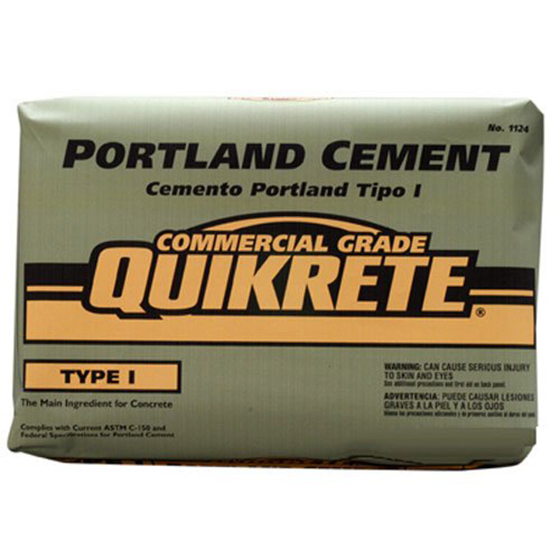Clay Paving Bricks
DEAR TIM: I am getting ready to install a new driveway and several sidewalks. Brick appears to me to be a very attractive material. Will harsh winter weather destroy the brick? What type of brick do you recommend? What installation method do you suggest? Are there alternatives? A. P.
DEAR A. P.: I compliment you on your tastes. Brick driveways are extremely attractive. The colors and textures available today allow you to match your driveway to your exterior color scheme, if you so choose.
Paving bricks are different from regular house bricks. They must pass more stringent testing requirements with respect to compressive strength and cold water absorption.
The Midwest, East Coast, and some Northwestern states require that the bricks must have a minimum compressive strength of 8,000 pounds per square inch. They must also exhibit an absorption rate of cold water less than 8 percent. Areas of the country with milder climates have less stringent requirements.
So long as you choose the correct brick for your part of the country, the weather should not harm it. Bricks were used successfully on many city roads for years before asphalt paving became widespread and popular.
I have had excellent personal experience with brick pavers. I installed brick pavers on a sidewalk and patio 14 years ago. Several years of severe winter weather have not harmed the brick or the mortar joints between them. Snow removal is not a problem as long as you exercise reasonable care.
There are several installation methods. Paving bricks can be installed either with or without mortar. They can be set directly on a sand base, on asphalt, or in a bed of mortar on top of a concrete base. You can install the paving bricks tightly against one another or install mortar between them. There are pros and cons to each method.
Paving bricks installed using a gravel base with a sand setting bed are easy to repair. However, sand sometimes works it way from beneath the bricks. This sand is then tracked into the house. Weed control can become a problem. Paving bricks set in mortar do not have the sand and weed problems. However, they are difficult to repair.
Driveways usually will have heavy car and occasional truck traffic. The base beneath the bricks must be exceptionally strong. You will probably achieve your best results by using an asphalt or concrete base beneath the bricks.
Consult a structural engineer for his or her recommendation as to the thickness of the base for your particular situation. The local brick supplier may also have guidelines available as well.
Should you decide to install the bricks using mortar, consider the following. Avoid using mortar mix that bricklayers commonly use when installing bricks in a wall. Substitute Portland cement for the mortar mix. A rich mixture (2 parts fine sand to 1 part cement) will insure a strong, long lasting bond between the base and the bricks.
Consider looking at interlocking concrete paving bricks. These bricks are made using concrete with small aggregate. They come in a multitude of colors and patterns. These bricks are extremely durable and exhibit many of the same qualities of traditional paving bricks. Give them serious consideration prior to making your final decision.
Column 035
